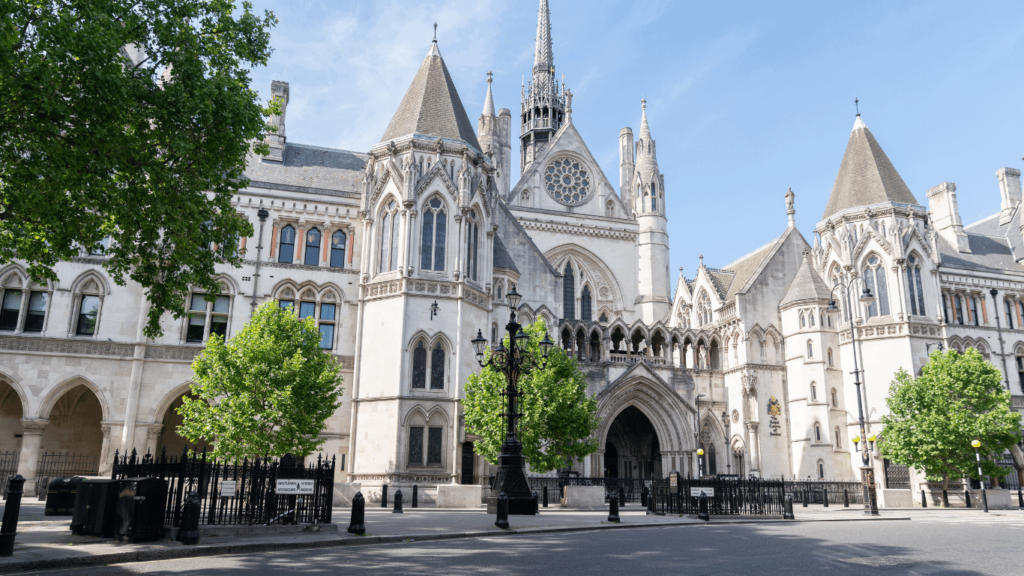
Wagatha Christie: Has Disclosure Ever Been More Interesting?
Friday 20th May 2022
Whether they know it or not, thanks to Wagatha Christie, the country’s media and the general public are now aware of the obligation to disclose documents during civil proceedings.
What is the latest in the Wagatha Christie trial?
The press is awash with stories of phones in the North Sea, alleged deleted (or lost) WhatsApp messages, and difficulties in using search terms when identifying Instagram posts and messages which should have been redacted. All parties have faced criticism on disclosure.
But, at last, litigators have a story to reference when advising on disclosure, which happens at the beginning of a dispute when most businesses hope that it won’t end up at trial. They’re not planning for a long drawn out court case, and don’t anticipate in months to come being cross-examined in court on “why is that email missing?”
Litigators can now turn to Wagatha Christie, to explain what could happen if you don’t comply with your disclosure obligations under Part 31 of the Civil Procedure Rules 1998. It’s just a shame that the mainstream media has not explained the law behind the headlines, and why it is such a big issue.
Time to disclose the truth
Disclosure is essential in most court proceedings and is a compulsory process. Usually, the parties are obliged to supply ‘documents’ in their control which are material to the issues in dispute. They are also required to preserve documents.
The scope of the disclosure obligation depends on the type of dispute and the court which is hearing the case. Standard Disclosure is still most commonly ordered. This involves each party being ordered to conduct a reasonable search and supply (disclose) documents they rely on, support another party’s case, or adversely affect either party’s case.
Cases in the Business & Property Courts are subject to the Disclosure Pilot Scheme, where the process is different. Whilst rare, a party who has failed to comply with their disclosure obligations can be found in contempt of court.
To be continued…
Something has clearly gone wrong during the disclosure exercise in this case. We’ll only find out what when Mrs Justice Steyn hands down her judgment. In the meantime, it’s a timely reminder to all those involved in any court proceedings about disclosure, and what could happen at trial.


